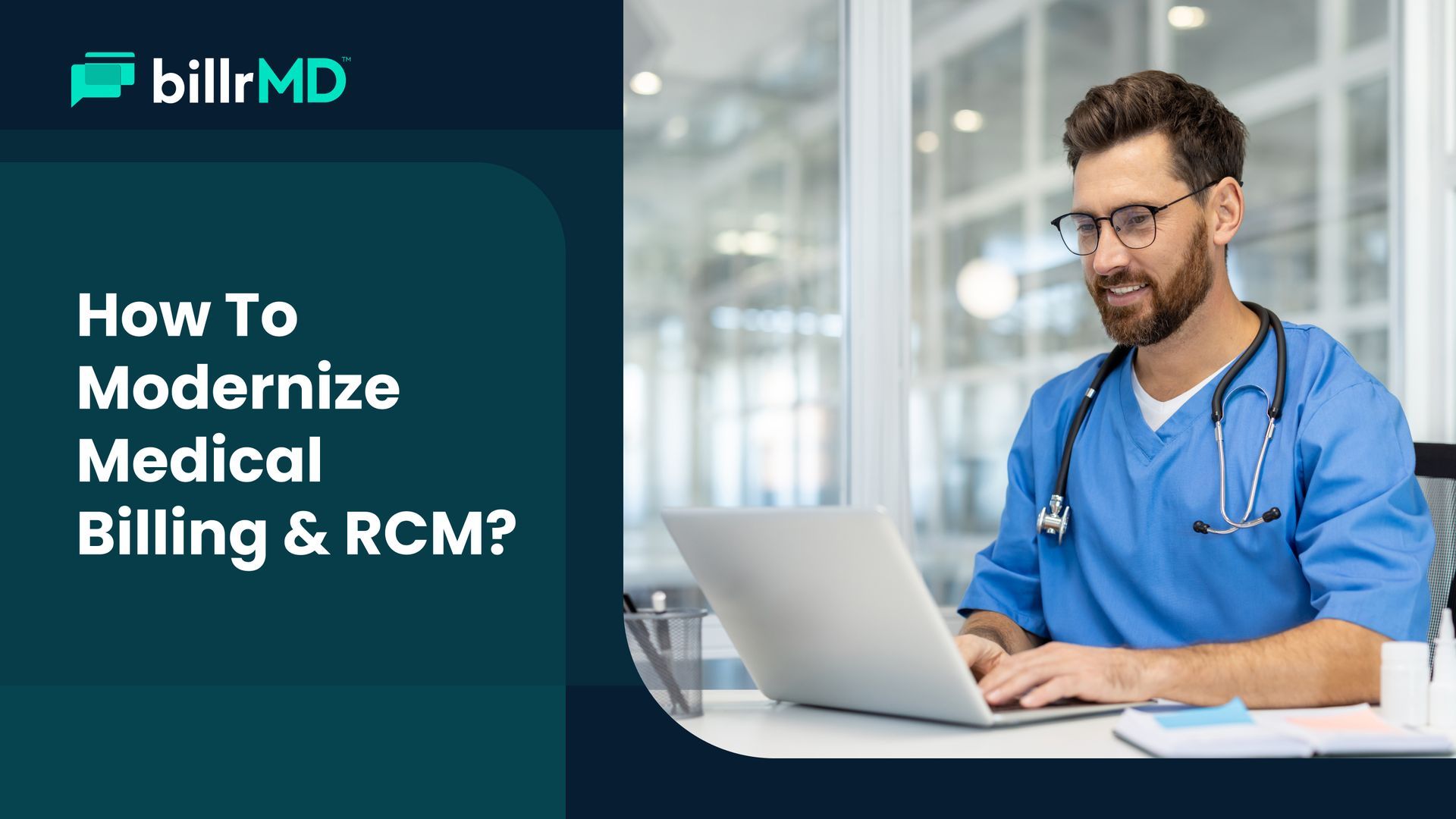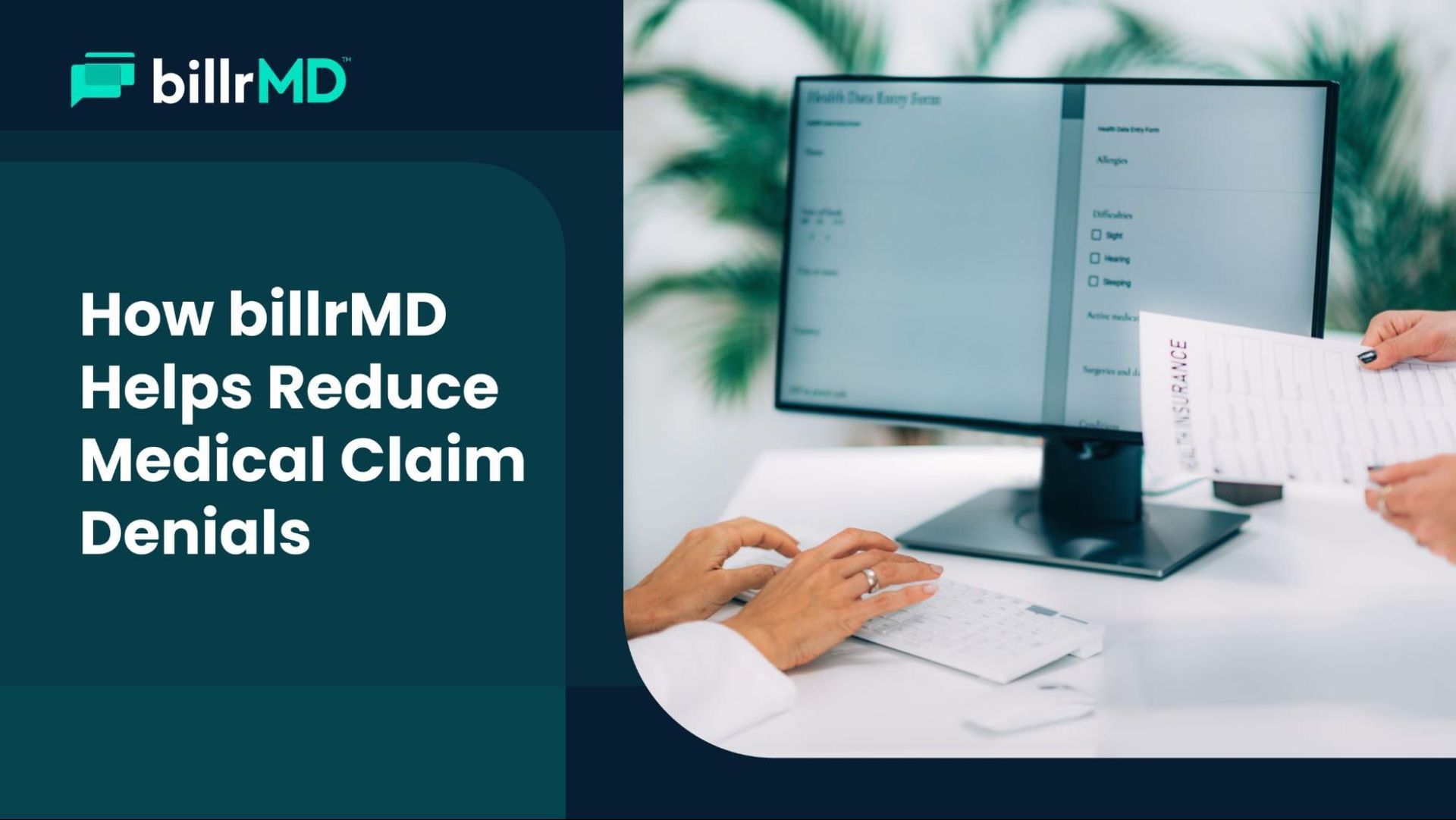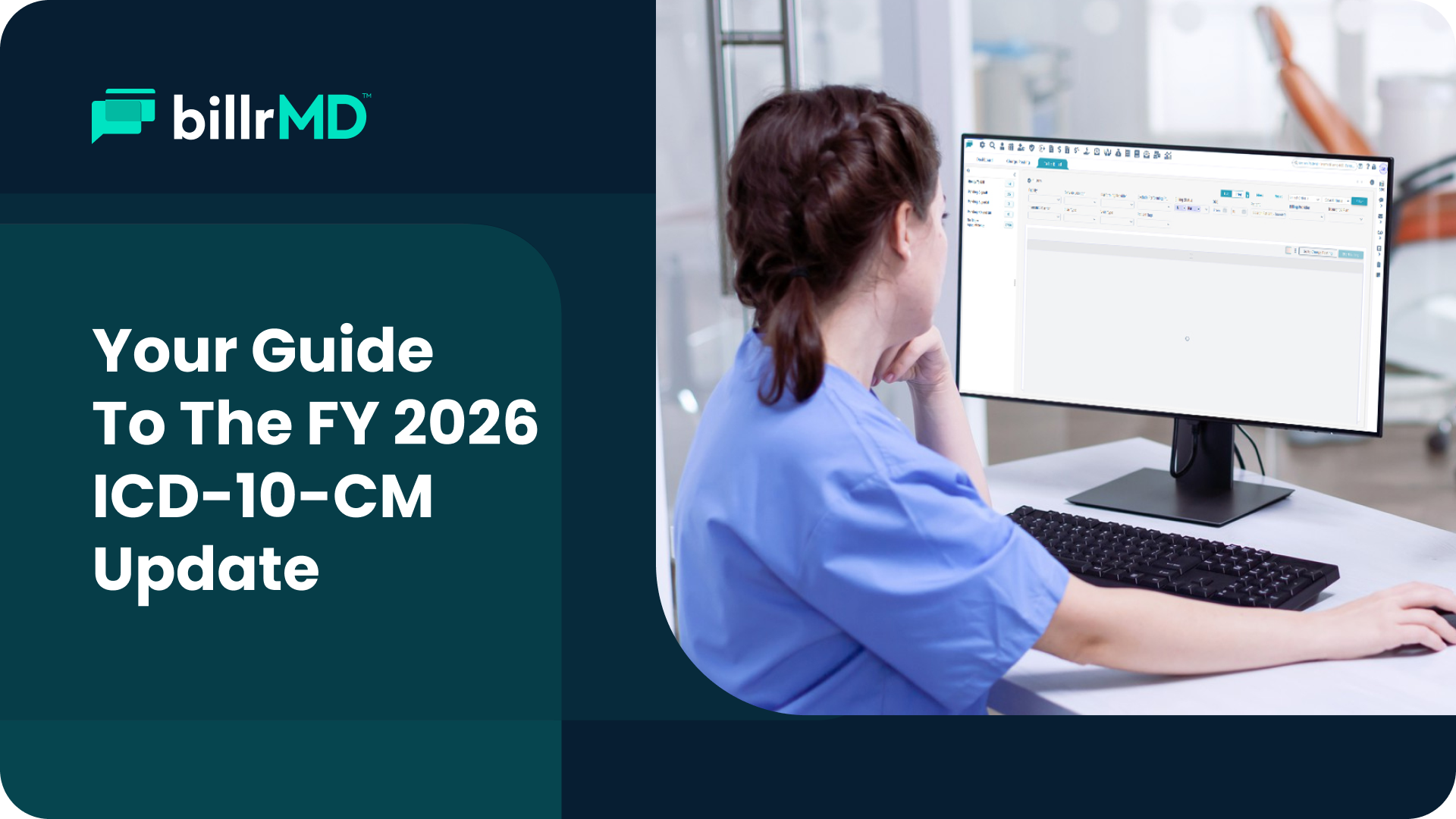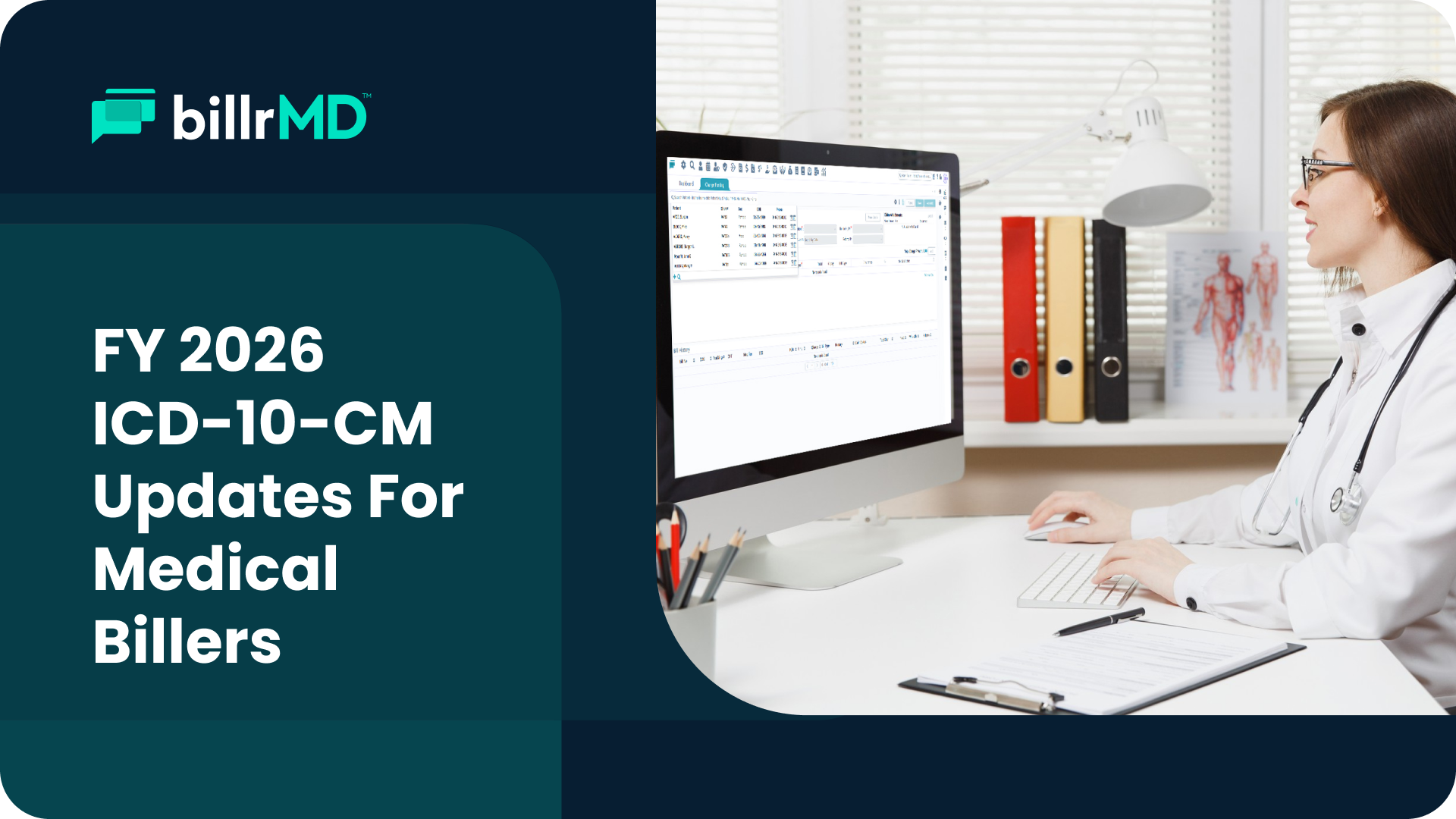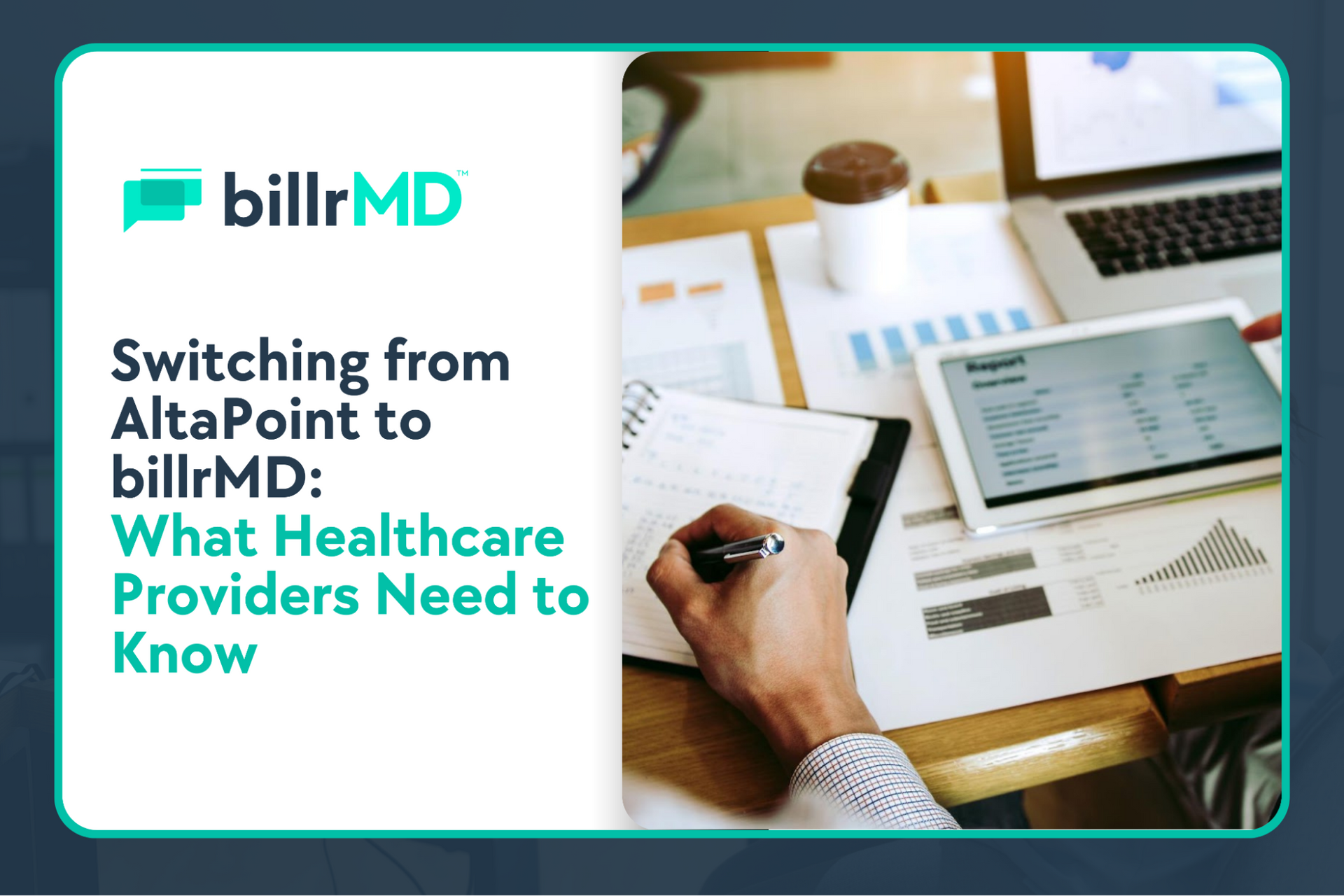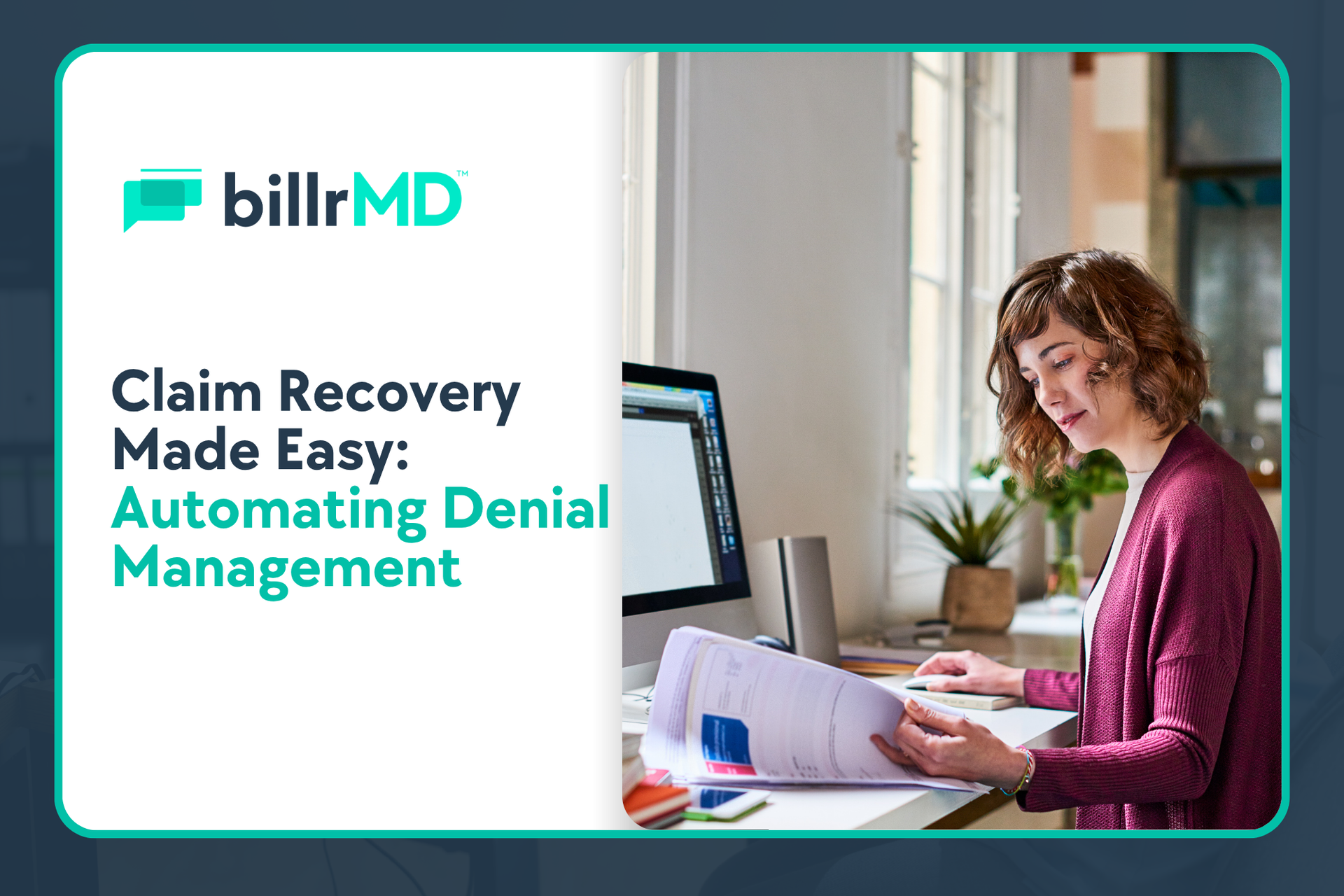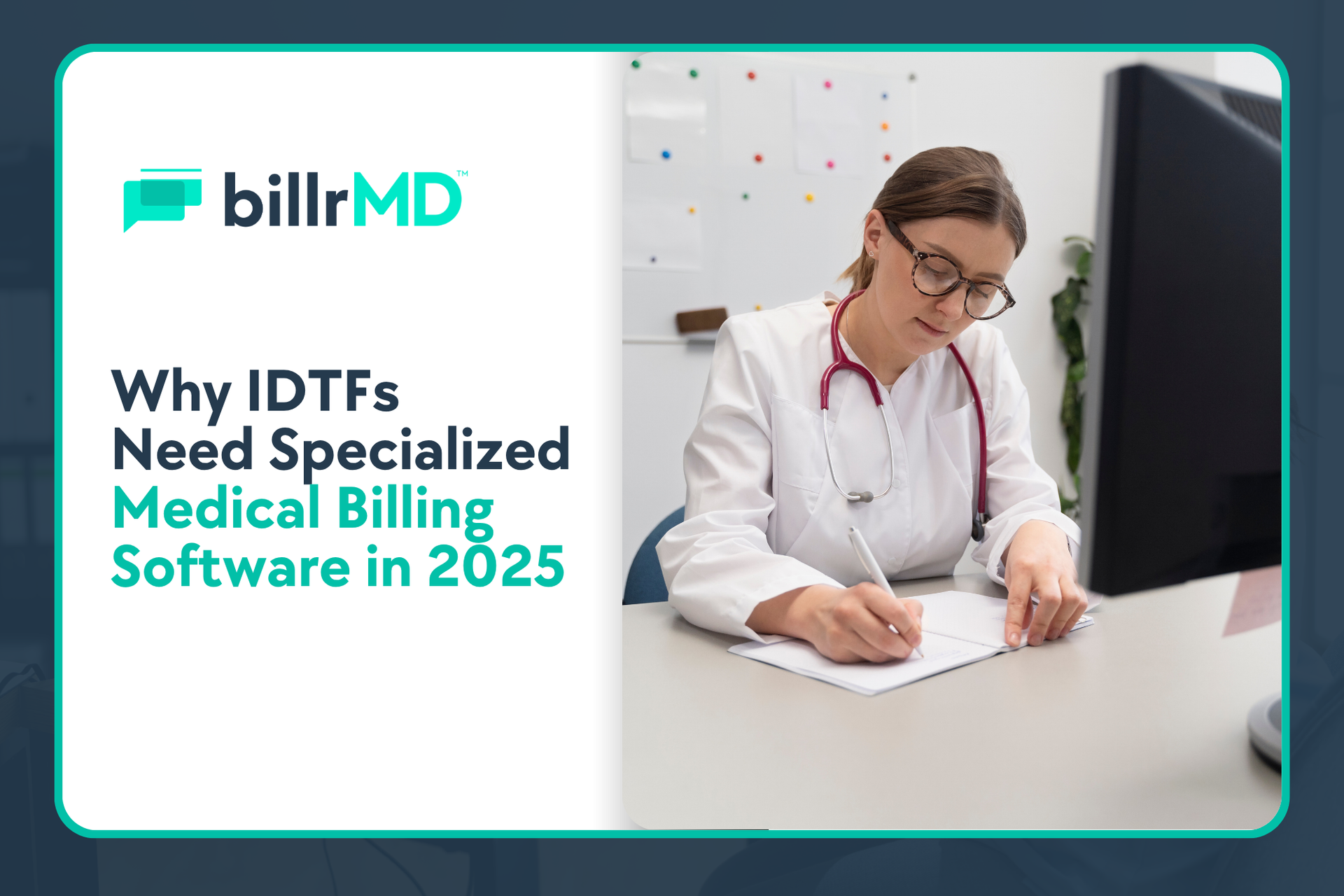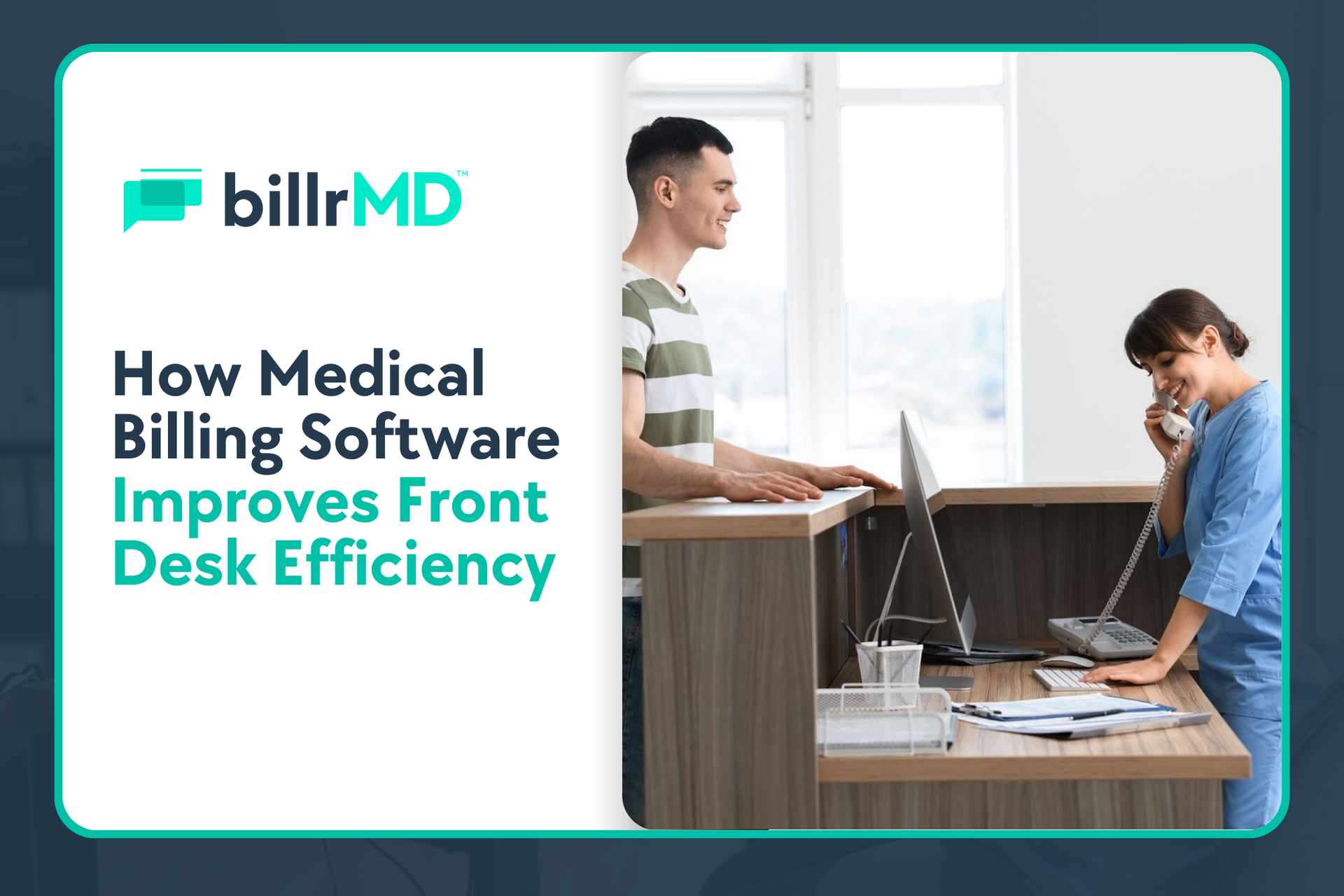How Technology Is Shaping Medical Billing in 2025
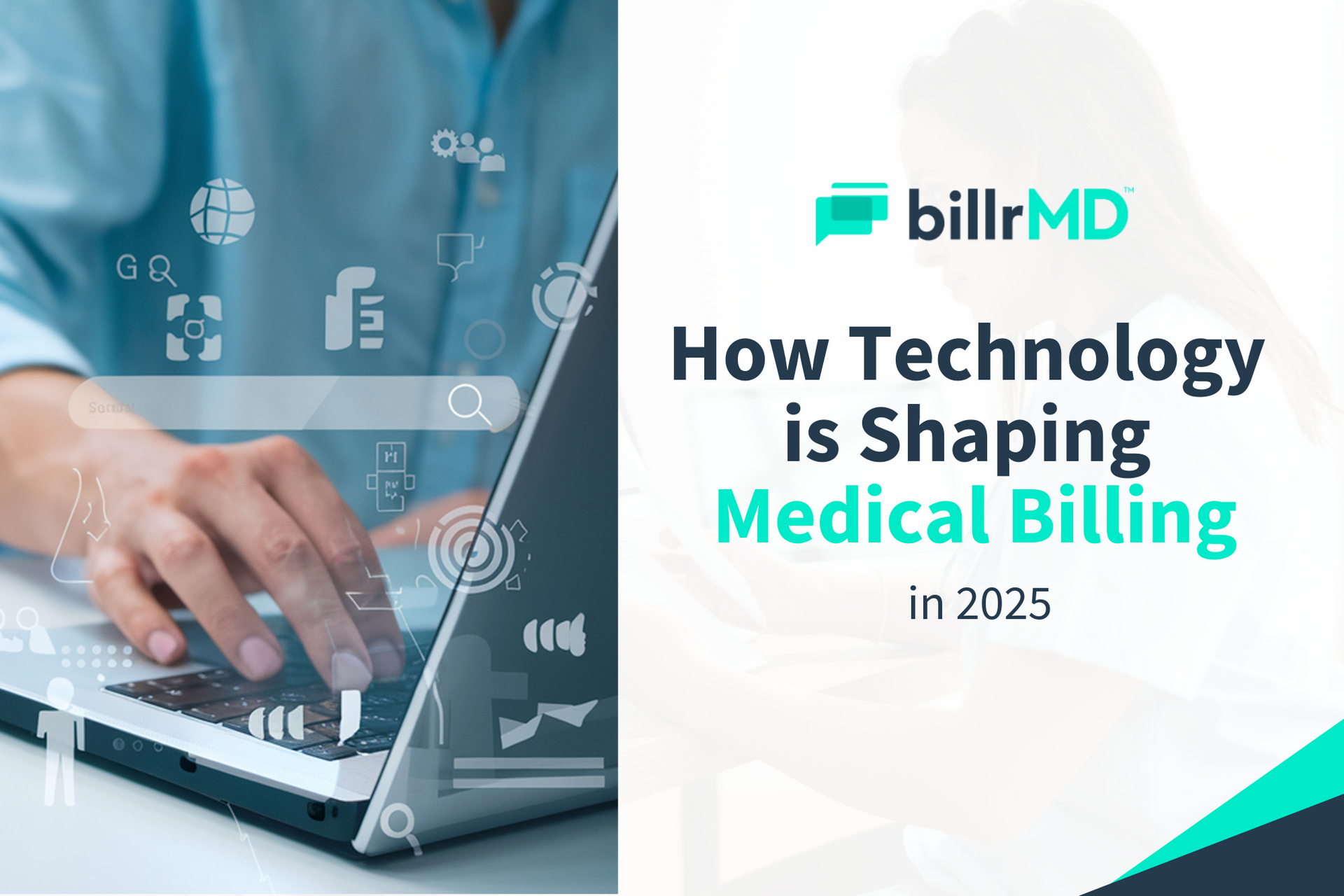
Welcome to 2025, where the integration of cutting-edge technologies is fundamentally transforming medical billing services. This year, we're seeing a dynamic shift as AI, blockchain, and cloud computing begin to progress from conceptual frameworks to practical tools within our industry.
As these technologies become more deeply embedded in our workflows, they promise improved efficiency and accuracy while offering an opportunity to redefine patient engagement and trust in billing processes.
Yet, what exactly is the healthcare industry facing this year? And what does your practice need to adapt? Read on to learn the trends that will help your practice reach your revenue potential.
Try the Best Medical Billing Software for 2025 and Beyond!
2025 Trends in Medical Billing Services
Modern medical billing and practice management software is evolving to tackle persistent challenges while opening doors to new possibilities in patient care, workflow efficiency, and overall service delivery. These advancements give rise to innovative trends that are swiftly becoming critical components of revenue cycle management in healthcare.
Here are six fast-growing trends transforming how healthcare organizations operate.
1. Mobile Health Billing Capabilities
Mobile health billing technology will elevate patient engagement and simplify healthcare delivery. Smartphones and tablets now allow both providers and patients to handle billing transactions anytime and anywhere. This shift opened the door to telemedicine and remote care management, making it easy for patients to view and manage their billing details on the go.
Access to real-time updates ensures prompt and accurate care, while integration with wearable tech and health apps facilitates billing of remotely monitored services. Biometric authentication in mobile billing systems fortifies security, and the inclusion of digital wallets and other payment methods adds more convenience to the patient experience.
2. Blockchain for Secure and Transparent Billing
Medical billing software solutions that use blockchain create a more secure, streamlined, and transparent environment. Blockchain utilizes decentralized ledgers in an unchangeable framework, safeguarding transactions and keeping them verifiable. This lowers fraud risk and boosts patient confidence.
Beyond these core strengths, blockchain introduces key capabilities that further refine the billing process.
- Faster Claims Processing: Blockchain provides a shared, real-time view of claim status, allowing stakeholders to track claims (from submission to payment) and reducing follow-ups and disputes.
- Smart Contracts: Smart contracts on blockchain networks execute agreements upon meeting predefined criteria, speeding up the payment process and ensuring security and traceability to enhance trust in online billing systems.
- Improved Interoperability: Blockchain standardizes data exchange, enhancing billing accuracy by ensuring all relevant patient care information is easily accessible.

3. Integration with EHR and Practice Management Systems
Integrating billing systems with electronic health records (EHR) and practice management allows data to flow smoothly across different platforms without manual re-entry.
The integration of the EHR, practice management, and billing enhances the accuracy of billing and medical records and reduces the administrative burden on healthcare staff. Automating data transfers minimizes errors and reduces the chances of claims being rejected due to data discrepancies.
This level of integration constantly updates data, so healthcare providers always have the latest insights for clinical and billing decisions. For example, any change in a patient’s treatment triggers an immediate update in the billing system, ensuring that codes remain accurate.
4. The Rise of AI and Automation
Figures from Becker’s Hospital Review show that nearly 80% of medical bills in the United States contain errors. These mistakes often result from manual data entry slip-ups, incorrect code usage, and mismatches between the billed service and the actual administered treatment. AI in medical billing streamlines the claims process, reduces errors, and speeds up payment cycles.
Here are the specific roles of AI and automation in medical billing today:
- Automated Coding: AI speeds up the coding process by using advanced natural language processing algorithms to assign CPT and ICD-10 codes from clinical documentation automatically.
- Enhanced Charge Capture Accuracy: AI systems actively review medical records to capture and accurately code every billable service. This helps maximize revenue generation and maintain compliance.
- Predictive Analytics: AI and machine learning can enhance financial planning and strategic decision-making by accurately forecasting reimbursement trends and improving revenue cycle management.
- Fewer Claim Denials: Machine learning algorithms analyze historical billing data to detect patterns that commonly result in claim denials. By flagging these issues before submission, healthcare practices prevent denials and optimize their revenue cycle.
- AI-Powered Patient Interaction: Chatbots and AI virtual assistants answer routine billing questions and concerns, giving patients quick answers and freeing staff to focus on more complex tasks.
5. Cloud-Based Billing Systems
The trend towards cloud-based systems continues to gain traction, offering a shift from traditional, on-premises setups. These systems store data on remote servers that are accessible online, providing the scalability and accessibility that on-premises systems lack.
For healthcare providers, using online servers means managing growing volumes of patient data without large upfront investments in physical infrastructure.
In addition to their scalability, cloud systems help enhance the security and integrity of data with regular backups and reliable recovery options in case of disasters. Such robust security measures maintain patient trust and help meet strict healthcare regulations like HIPAA.
6. Data Analytics and Predictive Insights
The healthcare industry generates large amounts of data every day. Failure to utilize big data is a missed opportunity for healthcare organizations to improve financial and operational management.
Medical billing systems with advanced data analytics help sort big data into understandable and actionable formats, helping identify inefficiencies, predict financial outcomes, and understand patient behavior and billing trends. Data analytics are also integral in observing essential metrics such as payment cycles, collection times, and denial rates.
By tapping into predictive insights and advanced analytics, healthcare organizations gain the foresight to catch patterns that might drain revenue or inflate expenses. This knowledge helps in developing financial strategies that support broader operational aims. For example, these tools can highlight typical causes of claim denials, allowing practices to address issues before they become major financial headaches.
Harness Cutting-Edge Billing Solutions This 2025!
It's undeniable that staying ahead in the medical billing sector means leveraging the latest technologies.
At billrMD, we are committed to providing you with the leading tools that unlock innovative and efficient billing processes. Partner with us to transform your billing operations and set new standards in healthcare management.
Start with a FREE trial, or reach out today to discover more about our reliable and trusted practice management and medical billing systems for healthcare.
Get the best
medical practice management software and enjoy a more advanced and automated billing system this 2025!

